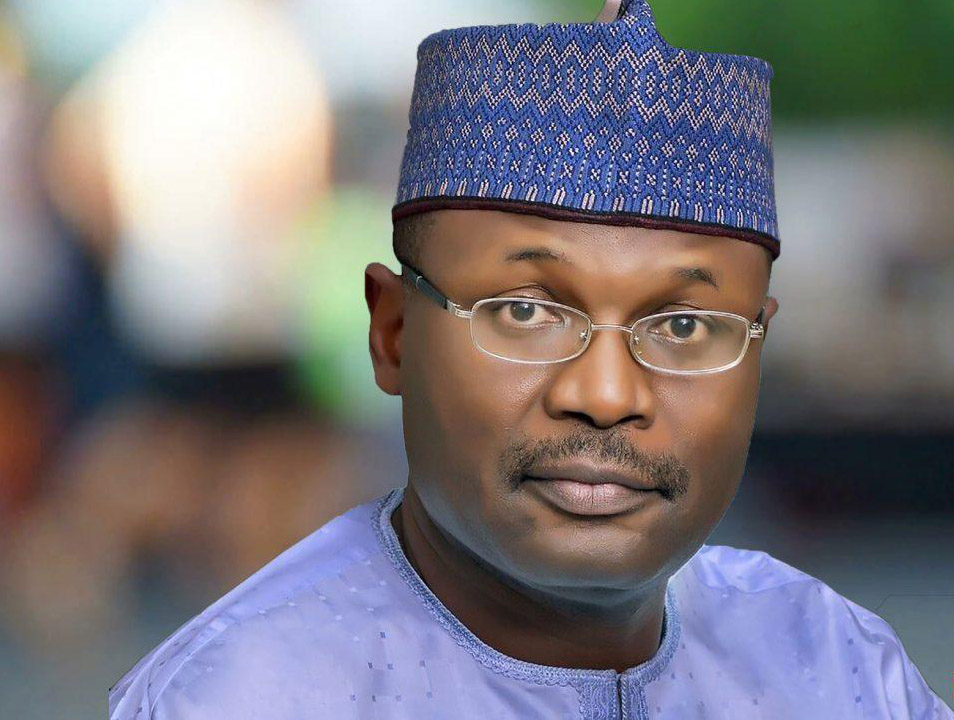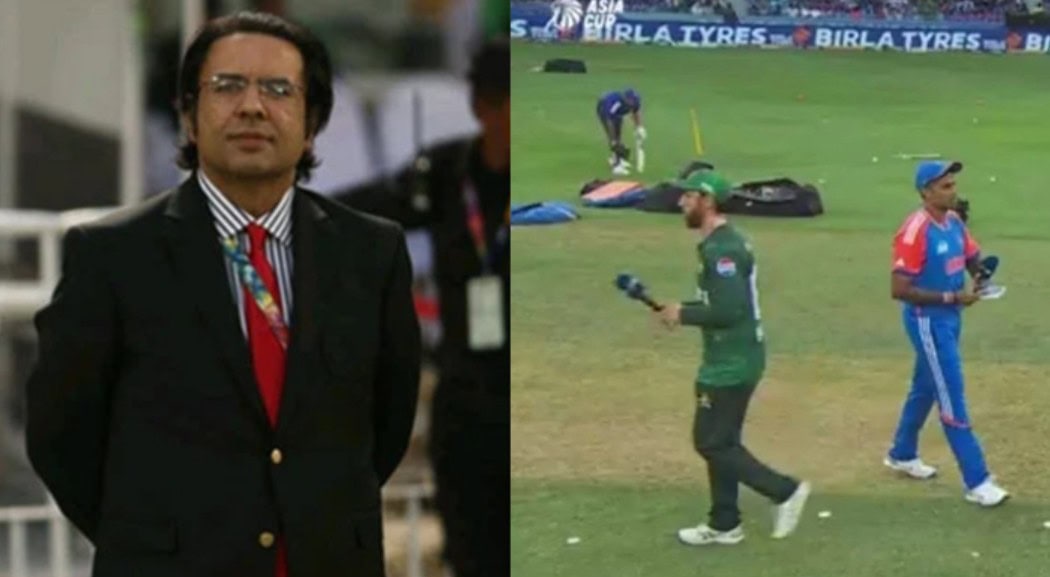By Rapheal
Copyright thesun

After ten years of service as the Chairman of the Independent National Electoral Commission (INEC), Prof. Mahood Yakubu will in December take a bow from the commission. He made history as the first Chairman of the national election management body in Nigeria to serve for two consecutive terms in office. He was appointed the Chairman of INEC on November 9, 2015 for a 5-year term by then President Muhammadu Buhari. He was also reappointed for a historic second term of five years on December 9, 2020.
The former lecturer and professor of Political History and International Studies at the Nigerian Defence Academy and the Executive Secretary of the Tertiary Education Trust Fund succeeded Prof. Attahiru Jega, who conducted the 2015 general election, which was generally free and fair because it was the first time an opposition candidate would defeat an incumbent president.
There is no doubt that Yakubu came to the job adequately prepared and with lots of promise to deliver credible elections in the country. He also promised to improve the nation’s electoral process and deliver the best elections ever in the history of the country through the reform of our electoral laws and efficient deployment of technology in our electoral process.
No doubt, Yakubu introduced technological tools that really transformed election administration in the country. These include a new generation INEC Voter Enrollment Device (IVED), a new Biometric Voter Accreditation System (BVAS) and online portals for managing candidate nomination, accreditation of party agents, election observers, the media, as well as the INEC Result Viewing Portal (IReV).
Before Yakubu, the dates of general election and FCT Area Council elections were not regular. It is to his credit that general election now holds on the third Saturday in February of the election year for the Presidential and National Assembly elections. This regularization of election dates has, indeed, made it possible for all stakeholders to plan well ahead of time and ensure better coordination and readiness by the electoral agency.
Under his leadership, the Commission introduced the Continuous Accreditation and Voting System (CAVS) to replace the cumbersome system of first completing accreditation before voting. The CAVS simplified the voting procedure and addressed the potential disenfranchisement of voters. He ensured that the Commission successfully expanded voter access to polling units by creating an additional 56,872 new polling units in 2021.
He equally built a more efficient, comprehensive and predictive Election Monitoring and Supply Centre (EMSC) dashboard that reports over 1,000 election monitoring indicators and integrate all the commission’s election monitoring tools comprising the Election Operation Support Centre (EOSC), the Electoral Risk Management Tool (ERM) and the INEC Security Alert and Notification System.
As part of measures to build institutional memory, Prof. Yakubu will leave behind a large stock of institutional memory for future Commissions. These include several reports, position and policy papers. Most importantly, he will establish the first Election Museum in the country to preserve the rich but checkered history of electoral management in the country. His greatest achievement is the building of the Commission’s new 7-storey building opposite the present location on Zambezi Crescent, Maitama, Abuja.
He also ensured that all INEC State and FCT Offices have large halls within their premises for collation and declaration of election results, presentation of Certificate of Return and meetings. This sharply contrasts with the situation in 2015 when only a few INEC State Offices had large halls for collation of results. Then, collation of results was done in hotels or event centres. He maintained and expanded the long standing collaboration between INEC and the Forum of State Independent Electoral Commission (FOSIECOM).
INEC under Yakubu held several meetings with FOSIECOM and provided support to individual State Independent Electoral Commission (SIEC) in the conduct of local government elections. He was instrumental to the development of eight technological-based tools to improve electoral administration in the country in collaboration with the European Union Support for Democratic Governance in Nigeria (EU-SDGN) project managed by Development Alternative Inc.
Some of these include Collation and Returning Officers Management System (CROMS), Parties Financial Reporting and Auditing System (PFRAS), and Election Results Management System (ERMS). In addition, Yakubu adopted Artificial Intelligence (AI) in election management by creating a Division of AI and election in the ICT Department. He conducted the 2019 and the 2023 general elections. Yakubu also conducted 19 off-cycle governorship elections and over 300 supplementary and bye-elections across the country.
Despite these achievements, his tenure is also not without blemish. While his conduct of the 2019 general election attracted some criticisms, the conduct of the 2023 general election under his supervision was highly criticized on account of brazen technical glitches and other infractions that marred the poll. Other off-cycle polls conducted by him had not been flawless. Therefore, as Yakubu bows out of office in December, there is urgent need for more reforms in our electoral system. The time is ripe to make INEC truly independent.



